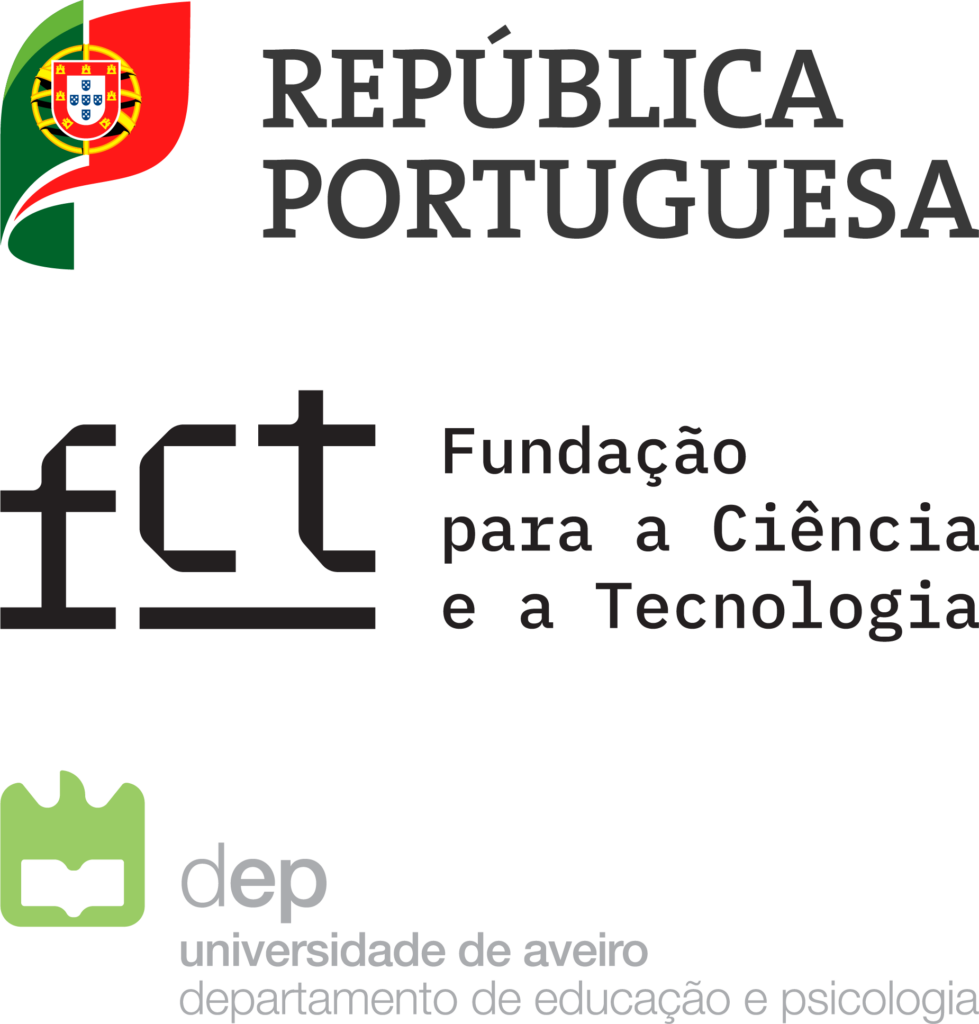8 – 9 May, 2025 | 14h00 – 17h00 | 5.1.62, Departamento de Educação e Psicologia, Universidade de Aveiro
The workshops will focus on the qualitative research methods, developed to explore how individuals make sense of their personal and social worlds. The workshops will also offer the participants support in academic writing skills.
Those interested in attending the workshops should register by sending an email to apcosta@ua.pt (António Pedro Costa (CIDTFF, DEP, UA), organizer) until April 25th, 2025. The event is limited to 20 participants, and PhD students of the Department of Education and Psychology will have priority.
WORKSHOP 1 (3 hours)
Please Tell Me…
Interpretative Phenomenological Analysis (IPA)
8th May 2025
- Introduction to IPA: The workshop will begin with an overview of IPA’s theoretical foundations, emphasizing its roots in phenomenology and hermeneutics. Participants will learn about the importance of understanding lived experiences from the perspective of the individual
- Research Design: Participants will be guided on how to design qualitative research studies using IPA (formulation of research questions, selection of participants, and ethical considerations).
- Data Collection: The workshop will provide insights into effective methods for collecting qualitative data, typically through in-depth interviews or written accounts. Tips on creating a conducive environment for sharing experiences will also be covered.
- Data Analysis: A significant component of the workshop will involve hands-on training in analyzing qualitative data using IPA. Participants will learn how to classify data, identify themes, and interpret findings while maintaining fidelity to research participants’ experiences.
- Reflexivity in Research: Emphasis will be placed on the researcher’s positionality and the importance of reflexivity in interpreting data. Participants will explore how their own experiences can influence the research process.
- Practical Application: The workshop will include practical examples of IPA in practice.
- Feedback and Discussion: Opportunities for group discussion and feedback will be incorporated to foster collaboration and deepen understanding.
Overall, the first IPA workshop will aim at preparing researchers with the skills and knowledge necessary to conduct meaningful qualitative research that respects and illuminates participants’ lived experiences.
Contents
- Interactive lecture: Introduction to Interpretative Phenomenological Inquiry (IPA)
- Philosophical underpinnings, primary scholars and literature
- Data gathering and analysis
- Activity: IPA data analysis
The participants will gain knowledge of the main concepts of IPA and will have an opportunity to apply the knowledge in a practical, hands-on exercise.
WORKSHOP 2 (3 hours)
It’s All About Me
Autoethnography
9th May 2025
- Introduction to Autoethnography: The workshop will begin with an overview of autoethnography, including its definition, key principles, and its place within qualitative research. Participants will learn how it interweaves personal stories with broader cultural contexts.
- Philosophical foundations: Participants will explore the theoretical underpinnings of autoethnography, including its connections to ethnography, narrative inquiry, and postmodernism. Discussions will include the importance of subjectivity and reflexivity in research.
- Writing personal narratives and data collection: A key focus will be on the craft of writing personal narratives. Participants will be guided on how to articulate their experiences in a way that is both engaging and informative, emphasizing the need to connect personal stories to larger cultural issues. The workshop will cover various methods for collecting data, such as journals, reflective writing, and interviews, helping participants gather rich and meaningful material for their narratives.
- Analysis and Interpretation: Participants will learn techniques for analyzing their narratives, identifying themes, and situating their experiences within wider cultural and social contexts, as well as existing literature.
- Feedback and Peer Review: Finally, opportunities for sharing work and receiving feedback from peers will be a part of the workshop, fostering a collaborative environment for growth and improvement in autoethnographic practice.
Overall, a workshop on autoethnography aims to empower researchers to articulate their lived experiences while drawing critical connections to broader societal issues, enhancing both personal understanding and academic scholarship.
Contents
- Interactive lecture: Introduction to Autoethnography
- Philosophical underpinnings, primary scholars and literature
- Activity: Autoethnography as reflexive practice in qualitative research or a method on its own, writing a personal narrative
The students will gain knowledge of the main concepts of Autoethnography and will have an opportunity to apply the knowledge in a practical, hands-on exercise.
GOALS
Upon successful completion of the workshop the students
- will gain familiarity and understanding of the selected interpretative methodological approaches
- will gain knowledge of primary research literature within contexts related to a selected methodological approach
- will apply the knowledge in own research
- will apply and further develop ideas and concepts within own specific research context
- will develop their academic writing skills
Anna Kimberley, PhD
Haaga-Helia UAS, Helsinki, Finland
TU Dublin, Ireland
Experienced senior lecturer. Knowledgeable and skilled in E-Learning, Team Building, Organisational Behaviour, Entrepreneurship, Multicultural and Leadership Communication, Diversity and Human Resource Management, as well as creating AI pedagogical solutions. Experienced in coaching and counseling students. Thesis supervisor and evaluator, mentor. Curriculum developer.
Published researcher with particular interest in qualitative research methodology within social sciences and education. Primary methodological approaches are Narrative Analysis, Interpretative Phenomenological Analysis, Appreciative Inquiry, and Autoethnography.
Reviewer, PhD supervisor, and invited external PhD examiner.





